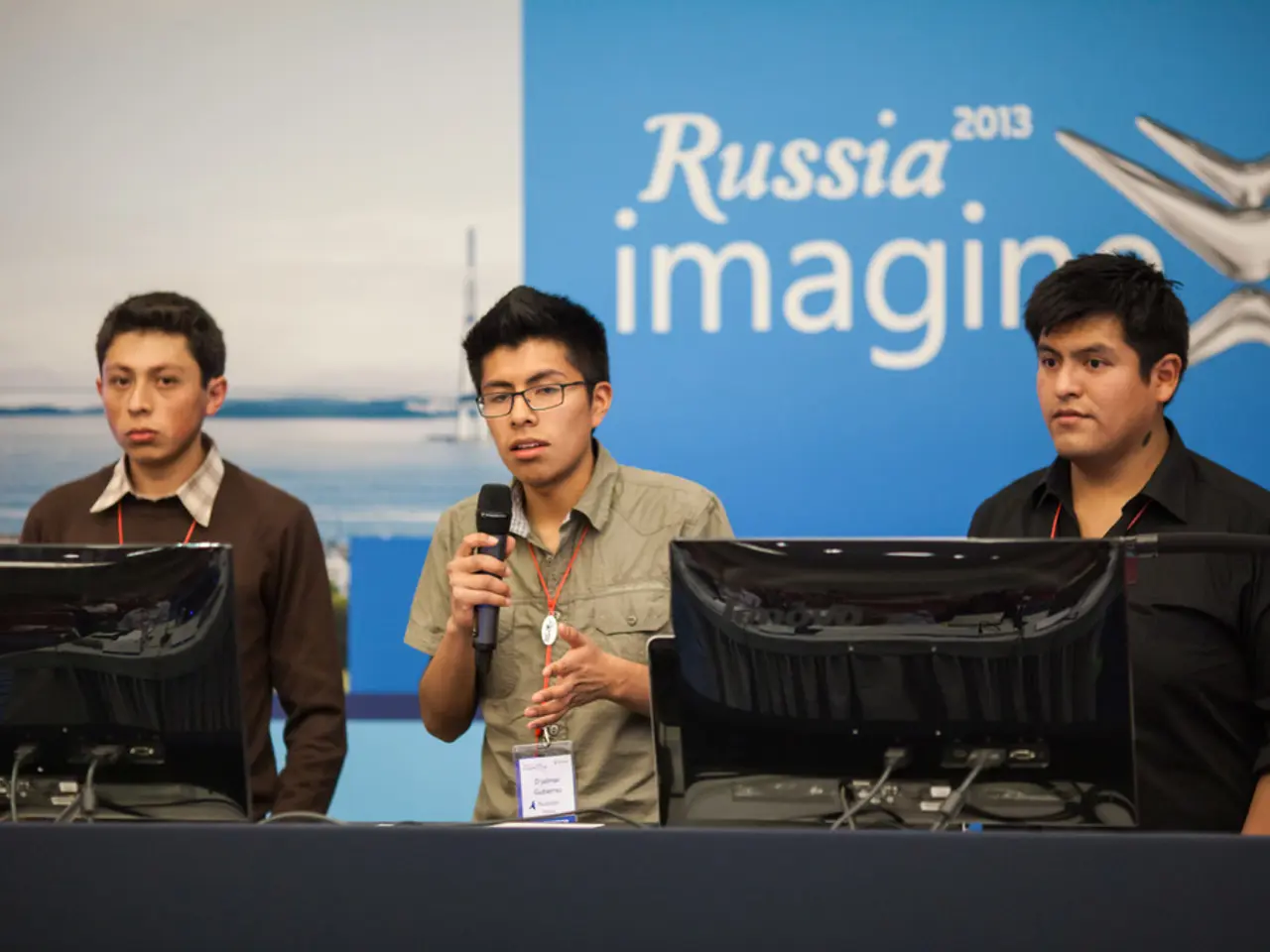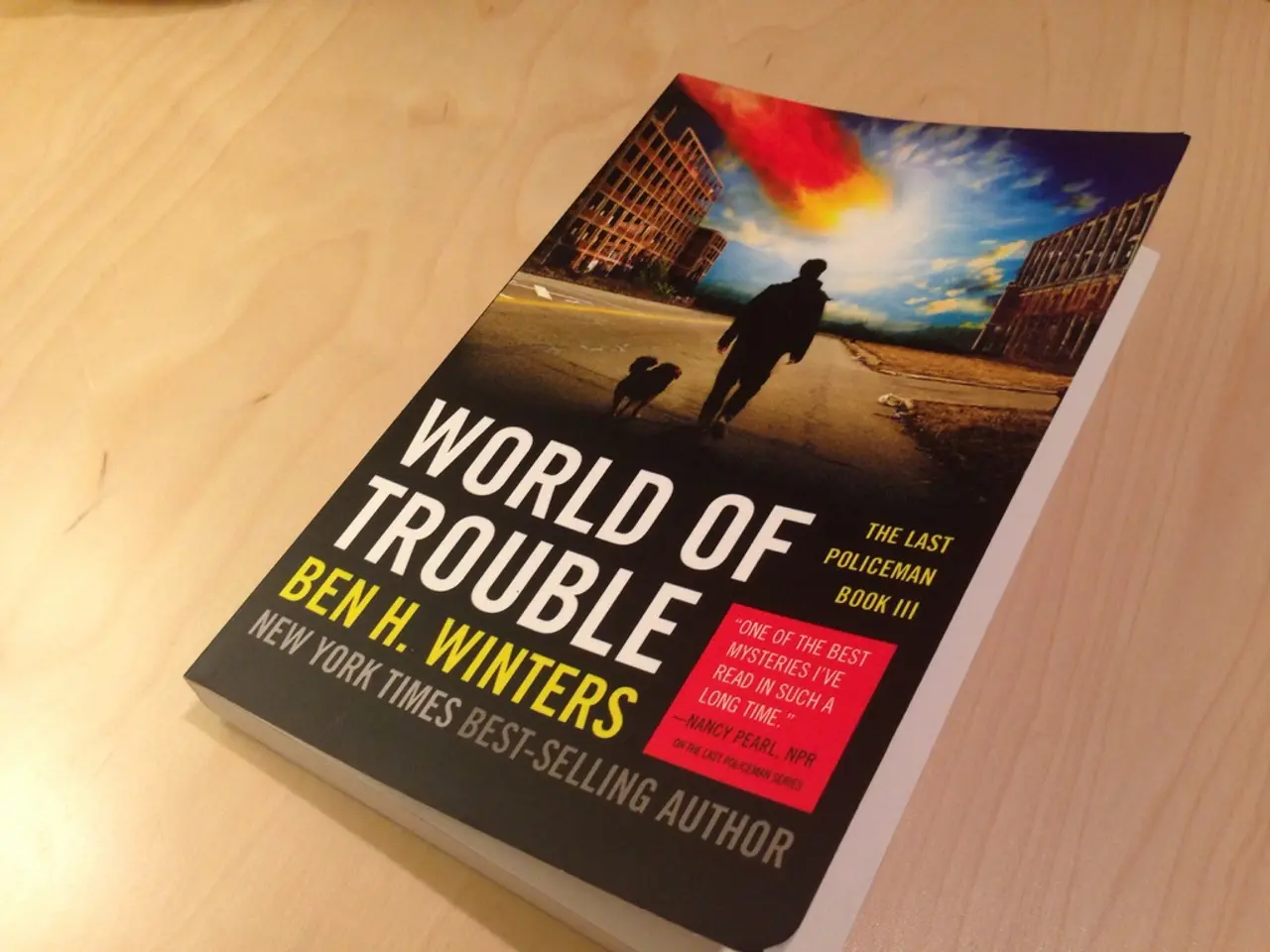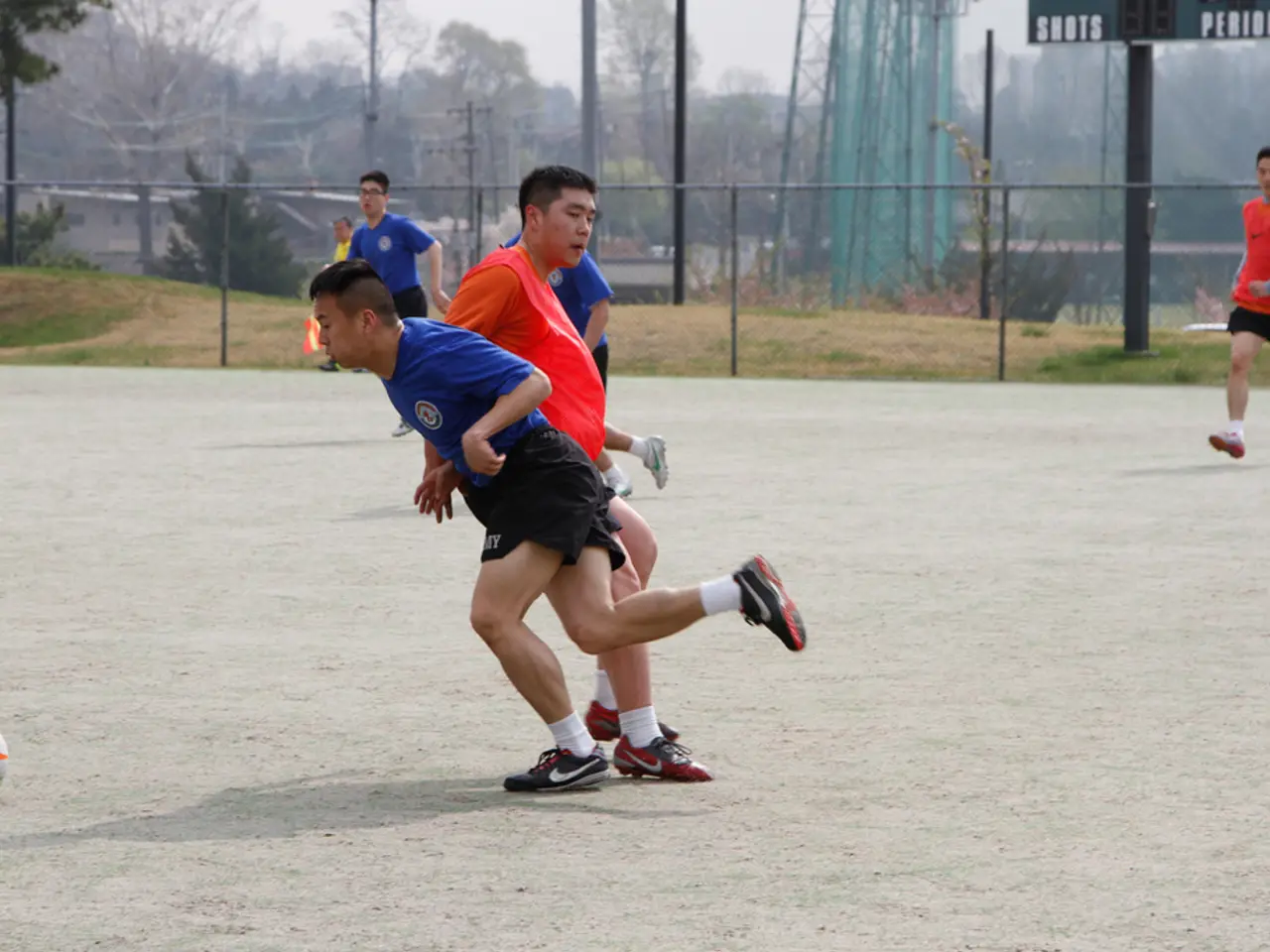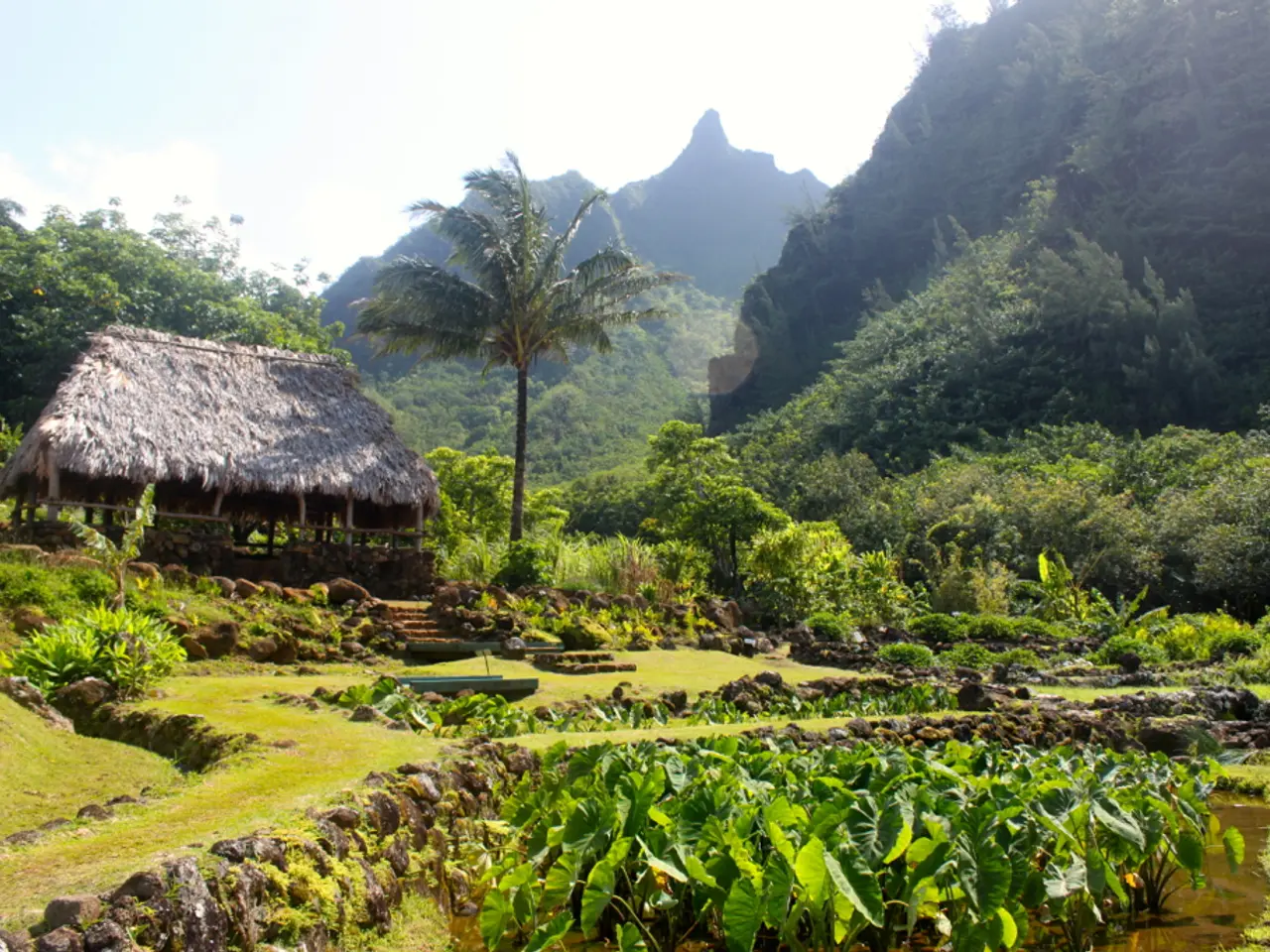Discourse on MWI Podcast: The Arctic's Complexities and Russia's Involvement
In a recent episode of the MWI Podcast, host John Amble was joined by Dr. Elizabeth Buchanan, the codirector of MWI's Project 6633 and a 1st Sea Lord Five Eyes fellow for the Royal Navy, to discuss the implications of halting engagement with Russia in the Arctic. Dr. Buchanan is also the author of the recently published book, "Red Arctic: Russian Strategy Under Putin."
The conversation with Dr. Buchanan delves into the potential long-term effects that could arise from the suspension of Arctic engagement due to the Ukraine conflict, focusing on security dynamics, economic interests, and indigenous communities in the region.
Increased Military Tensions and Security Risks
Russia's significant military infrastructure throughout the Arctic is aimed at protecting its strategic interests, including the North Sea Route, and maintaining second-strike nuclear capabilities. Without engagement, there is a risk of escalating militarization and mistrust, with Russia potentially advancing excessive or illegal maritime claims, especially near strategic chokepoints like the Bering Strait. This could undermine NATO’s ability to project power and increase the risk of conflict or confrontation in the region.
Economic and Geopolitical Isolation and Loss of Cooperation
The Arctic is a zone of potential for joint investment and development, including infrastructure and rare earth metals projects. Halting collaboration hampers mutually beneficial economic ventures between Russia and other Arctic stakeholders like the U.S. and European nations. This could freeze or regress opportunities for sustainable development programs and Arctic governance frameworks that rely on cooperation.
Adverse Impacts on Indigenous Peoples
Indigenous populations in Russia's Arctic are already disproportionately burdened by the Ukraine conflict through high conscription rates and cultural losses. Reduced engagement and dialogue may exacerbate systemic exclusion, poverty, and the erosion of Indigenous cultures and rights. Moreover, lack of cooperation reduces the ability of international actors to address these humanitarian and human rights challenges collaboratively.
In summary, halting engagement risks intensifying military competition, weakening economic cooperation, and worsening humanitarian outcomes for Arctic Indigenous peoples. Maintaining some level of diplomatic and practical interaction may be crucial for regional stability, security, and protecting vulnerable communities despite broader geopolitical conflicts.
The MWI Podcast can be found on various platforms, including Apple Podcasts, Stitcher, Spotify, TuneIn, or your favorite podcast app. If not already subscribed, it is recommended to do so. The podcast can be rated or reviewed on the respective platforms.
The image credit for this article is from kremlin.ru and is available via Wikimedia Commons. Please feel free to share this article on your social media platforms.
[1] Buchanan, E. (2021). Red Arctic: Russian Strategy Under Putin. Oxford University Press. [2] Amble, J. (Host). (n.d.). Halting Engagement with Russia in the Arctic. MWI Podcast. [3] Arctic Council (n.d.). Activities Suspended Due to Russia's Aggression. Retrieved from [link] [4] U.S. Department of State. (2021, March 15). Sanctions Against Russia. Retrieved from [link] [5] UN Permanent Forum on Indigenous Issues. (2022). Human Rights and Indigenous Peoples in the Arctic. Retrieved from [link]
- The suspension of Arctic engagement due to the Ukraine conflict could lead to increased military tensions and security risks, as Russia, when left unchecked, might advance excessive or illegal maritime claims and potentially undermine NATO’s ability to project power in the region, increasing the risk of conflict or confrontation.
- The halting of cooperation also poses economic and geopolitical challenges, with repercussions for mutually beneficial economic ventures between Russia and other Arctic stakeholders, potentially freezing or regressing opportunities for sustainable development programs and Arctic governance frameworks that rely on cooperation.








